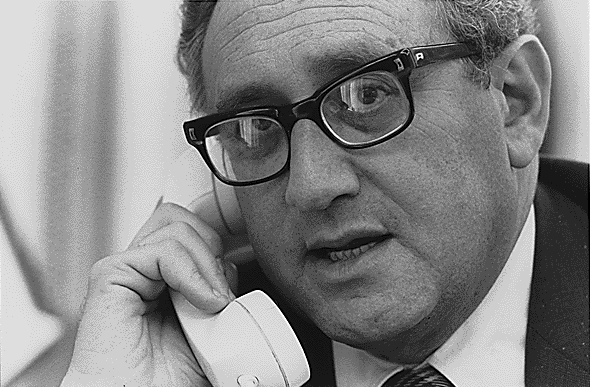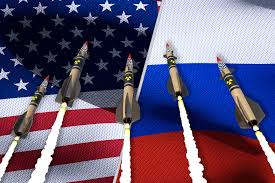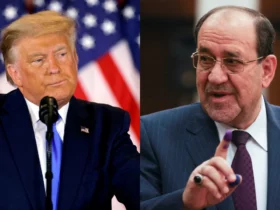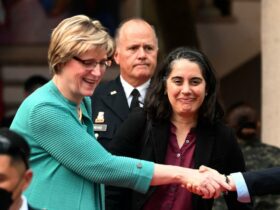The first chapter titled “The New World Order”, begins with the following lines, in the book “Diplomacy” by Henry Kissinger, who has been consideres as the mastermind of US foreign politics since the 1970’s;
“Almost as if according to some natural law, in every century there seems to emerge a country with the power, the will, and the intellectual and moral impetus to shape the entire international system in accordance with its own values.”
Kissinger continues, claiming that “In the twentieth century, no country has influenced international relations as decisively and at the same time as ambivalently as the United States.”
“THE CORONAVIRUS PANDEMIC WILL FOREVER ALTER THE WORLD ORDER “
The Coronavirus pandemic is causing radical changes in the world, more than could have been expected or anticipated.
Kissinger wrote in the Wall Street Journal in his latest article, that “the Coronavirus pandemic will forever alter the world order.” While acknowledging the change and the impact taken by the US-centered world order, he also stressed that steps that must be taken to keep the order, proposing the following:
1. Global resilience against the infectious disease must be advocated and pioneered,
2. The wounds caused by the pandemic in the world economy must be healed,
3. The principles of the liberal world order must be safeguarded.
Kissinger suggested that these goals be achieved in parallel to the Marshall Plan and the Manhattan Project models. Highlighting the Marshall Plan and the Manhattan Project as projects for US sovereignty within NATO and Europe via the development of nuclear weapons clearly shows that the US’ self-positioning as the world’s police officer continues to the present.

“THE USA, A MODERN PIRATE”
In implementing Kissinger’s proposals, military and economic force is as much an option as diplomacy is. However, the pandemic and the deepening economic crisis that has followed it has devastated the US administration in both the domestic and in the foreign policy.
The Trump administration, which failed to provide a proper healthcare for its citizens in the country and tumbled into a financial crisis, has been creating diplomatic scandals by literally stealing medical supplies from allied European countries, particularly Germany. The State Minister of the Interior of Berlin Andreas Geisel did not hesitate to accuse the Washington administration of “modern piracy” after it seized 200,000 masks in Thailand that were purchased by Germany.
The United States continues to impose inhumane sanctions on Iran and Cuba despite the pandemic, but these sanctions have begun to lose their influence.
For instance, Germany’s Foreign Minister announced that they had exported medical equipment to Iran through INSTEX; a special trade mechanism established between the European countries and Iran.
European countries, on the other hand, have accepted Cuban doctors into their countries despite Washington’s pressures, indicating that governments around the world are moving out from under the United States’ shadow.
PANDEMIC DIPLOMACY
While the US’ pandemic diplomacy has failed, many countries around the world have proven successful despite the difficult situation.
One of the most successful examples of pandemic diplomacy has come from Moscow.
It has been revealed that the Russian company which manufactures the respirator units sent to the United States for the fight against the pandemic was on a US sanctions list.
While Putin made the US break its own sanctions with this action, Washington has quietly accepted this situation.
While Moscow continues to increase its credibility with the governments and peoples of Europe through systematic pandemic aid, the United States has more or less had to withdraw from the continent.
However, it was China which was undoubtedly the most successful country in the world in terms of pandemic diplomacy.
Following a successful “soft power” strategy through medical aid, Beijing has expanded its field of operation around the world and has freed itself from the image of the country that had caused the pandemic, instead becoming the country which correctly handled it.
The pandemic has also led to the initiation of the new diplomatic steps within the Middle East.
The most striking of these steps was that of Mohammad bin Zayed, the leader of the United Arab Emirates and one of the main figures responsible for the war in Syria, who contacted Syrian President Bashar al-Assad and showed his support in the fight against the Coronavirus.
It is clear that bin Zayed’s goal of a rapprochement with Damascus is already underway.
RAPPROCHEMENT IN A TIME OF PANDEMIC
Since the beginning of the pandemic, Turkey has taken actions to advance its own “soft power” diplomacy goals by sending aid to various countries, particularly Iran and Spain.
Further, dialog can be re-arranged with Syria and Egypt through the aid.
Considering where Turkey’s foreign policy was at just before the pandemic, especially in regard to Idlib, the country needs to use this opportunity to improve its relations with Damascus and Cairo respectively.
This way, the deportation of the Syrian refugees currently within our borders, that pose an even greatwr risk in these Coronavirus days, may also put on the agenda.
Everyone accepts that there will be a major economic crisis in the aftermath of the pandemic. Better relations with Egypt would open new fields for the Turkish companies during this crisis, pushing it to create alternatives.
In other words, geopolitics and diplomacy continue even in the days of pandemic.
We have a new world in front of us where only those capable of strengthening their existing alliances will come out ahead, especially if they can make their former enemies their new allies.

















Leave a Reply